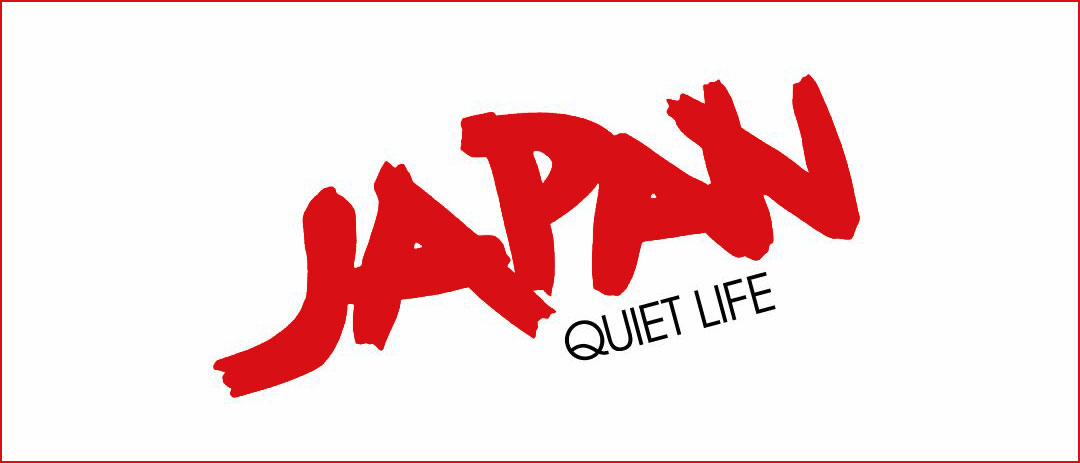You can trust Louder
Released at the very end of 1979, Japan’s forward-thinking third album initially had a lukewarm reception critically and commercially, earning recognition only after the South London art-rock fops became major-label pop stars two years later.
Swapping mascara-metal swagger for androgyne cool and synthpop modernism, Quiet Life now sounds like a prescient stepping stone between glam, post-punk and the emergent New Romantic movement. It also introduced David Sylvian’s remarkable new baritone croon, which would come to define all his later releases.
Japan first signalled their futuristic evolution in April 1979 with the non-album single Life In Tokyo, a stately blast of louche synth-rock co-written and produced by Eurodisco king Giorgio Moroder, which is included in this remastered box set. But the single didn’t chart, and Moroder was deemed a bad fit for the whole album.
Instead, Quiet Life began the band’s fruitful association with former Roxy Music producer John Punter. Ironically, Punter created a dazzling pastiche of Moroder’s sleek electro sound on the title track, a pulsing, throbbing, propulsive beauty that is arguably Sylvian’s musical peak.
David Bowie’s Berlin period clearly casts a long shadow across Quiet Life tracks like Fall In Love With Me and Alien, all urbane melancholy clothed in lightly discordant art-funk, as well as broody Euro-chansons like Despair and the rousing orchestral power ballad The Other Side Of Life.
A polished electro-lounge cover of the Velvet Underground classic All Tomorrow’s Parties might have sounded sacrilegious at the time, but nowadays it feels very much in the cerebral avant-rock spirit of Lou Reed and John Cale.
Inevitably, the two extra discs are thick with superfluous alternative and extended mixes. But there are fine non-album singles here too, notably the glossy synth-funk stomper European Son and a plastic-soul remake of Smokey Robinson’s I Second That Emotion.
Sign up below to get the latest from Classic Rock, plus exclusive special offers, direct to your inbox!
Also included is the four-track Live In Japan EP first released in 1980, and a full live album recorded at the same show. The latter’s lo-fi sound is abrasively raw in places, but more snarly glam-metal numbers like Halloween and Automatic Gun punch through the sonic sludge, pleasing reminders of Japan’s embryonic phase as sleazoid proto-punks in the New York Dolls mould. Glorious.
Stephen Dalton has been writing about all things rock for more than 30 years, starting in the late Eighties at the New Musical Express (RIP) when it was still an annoyingly pompous analogue weekly paper printed on dead trees and sold in actual physical shops. For the last decade or so he has been a regular contributor to Classic Rock magazine. He has also written about music and film for Uncut, Vox, Prog, The Quietus, Electronic Sound, Rolling Stone, The Times, The London Evening Standard, Wallpaper, The Film Verdict, Sight and Sound, The Hollywood Reporter and others, including some even more disreputable publications.


